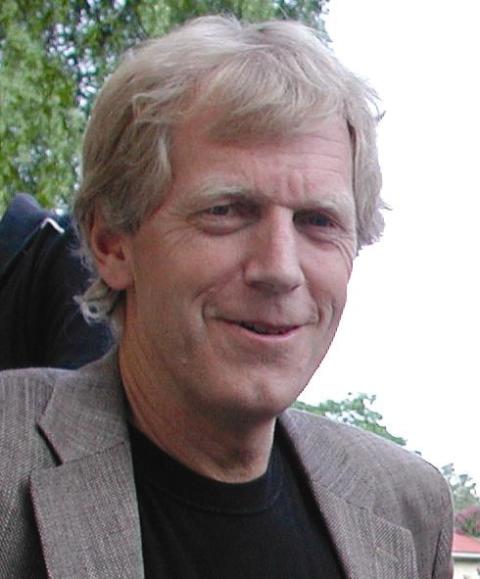Learning more about CPRL’s Visiting Professor

Professor Rolf Rønning is a Visiting Professor at the OU’s Centre for Policing Research and Learning. He was awarded his degree from the University of Oslo and is educated as a political scientist with public administration as his main topic of Interest. Rolf has held positions at two other Norwegian universities, but most of his career has been spent at the university in his hometown Lillehammer, interrupted by visiting scholarships at Harvard, University of York and Maquarie (Sydney).
He has published within public administration, public welfare, organisational theory, philosophy of science, and public innovation. As a Professor in Social Policy at Inland Norway University of Applied Sciences (INN), Rolf has developed innovation as a field of study at the University, establishing a Ph.D. program “Innovation in services –public and private” with over 30 students.
We interviewed Rolf to find out more....
What is Public Innovation?
“Public innovation (PI) is a new and an emerging academic discipline, concerned with innovation efforts in the public sector. In developing models for PI it is important to take into account that the goal is not profit but about creating public value; that PI is part of the political struggle in society, and is mainly concerned about delivering services, not producing goods.”
Why did you want to become a Visiting Professor at the Open University?
“I have been working with Professor Jean Hartley for some years, and that has been very stimulating. I have visited the OU and the Centre for Policing Research and Learning (CPRL) before and learned that it has an interesting and competent group of researchers working there. I am also impressed, and curious, about the co-operative model of research that is established between the CPRL and the many police forces in the UK. I am trying to learn if such a model could be developed in Norway as well, not necessarily for the police, but for INN and some welfare agencies. The OU’s CPRL seemed to be a perfect place to be connected to in the last years of my academic career.”
What do you hope to achieve through your link with the CPRL?
“A mentioned above, I do hope the link can improve my competence in PI, and that I will find people at the OU and within the CPRL with common interests for projects and publications. I also hope to learn more about your relationships with public services.”
Tell us about your impressions of visiting the OU (pre-Covid)?
“I had only one visit to OU in the pre-Covid period. I was meant to be attending a second meeting at the CPRL but it was cancelled due to Covid (I had a lot of toilet paper in my suitcase, as a help-giving hand from Norway!). I still hope there will be a post-covid period where I can come back onto campus.”
What do you feel proudest of in your academic work?
“Having had the opportunity to be an entrepreneur in the democratization of higher education in Norway, since INN originally was part of a plan to establish regional colleges outside the largest cities in Norway. Many people have now got the opportunity to undertake education and qualify themselves through our presence in the region. In a part of my publications I have focused on the situation of vulnerable groups, and I have got some feedback that it had meant something for them.”
What can the police learn from your research, teaching and knowledge into practice about public innovation?
“I am not sure I have a good answer here. I always try to underline that public innovation is part of the struggle of interests in society. If we want to get through with proposals for innovation, we must always ask who we need to have on our side, and then: What shall we answer when they ask, what is in it for me?”
What do you do to relax?
“I am living in a part of Norway that has snow and ski-tracks half of the year, and I am a dedicated cross-country skier. In the waiting periods between the snow-seasons I try to compensate with running and biking. I am now old and slow, but still exercising is a good way to relax.”
Upcoming Events
Membership Group Meeting
Thursday, March 5, 2026 - 10:30 to 12:30
Online, Microsoft Teams
Online seminar: Technology-facilitated violence against women and girls: Emerging harms, prevention, and policing implications
Tuesday, March 10, 2026 - 13:00 to 14:30